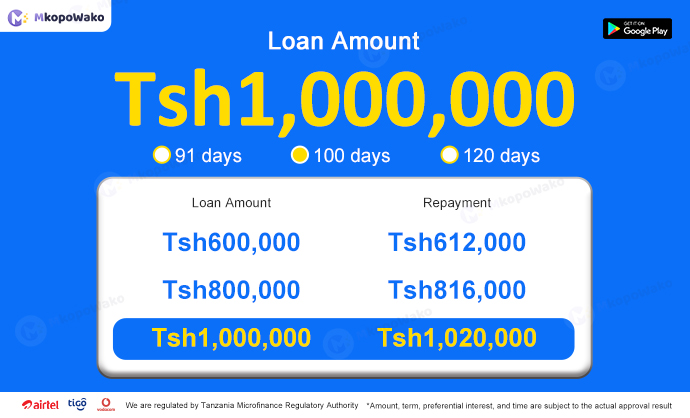Do unsecured quick loans require a guarantor or credit guarantee?

In the realm of quick loans, unsecured personal loans have become a popular option for individuals in need of fast financial assistance. One of the key attractions of these loans is the absence of collateral or a guarantor requirement. This article will delve into whether unsecured quick loans necessitate a guarantor or credit guarantee, providing a comprehensive and detailed exploration of this topic.
Unsecured loans are a type of borrowing that does not require the borrower to pledge any assets as collateral to secure the loan. Instead, approval for these loans is primarily based on the borrower’s creditworthiness and ability to repay the loan. As such, the absence of collateral means that there is no need for a guarantor to co-sign the loan agreement or provide additional security in the event of default.
No Need for a Guarantor or Credit Guarantee
Unsecured quick loans, by their very nature, do not require a guarantor or credit guarantee. The loan approval decision is based solely on the individual applicant’s credit history, income stability, and overall financial situation. This makes unsecured loans an attractive option for borrowers who may not have access to a guarantor or do not wish to involve a third party in their borrowing process.
Credit Score Importance
While unsecured loans do not mandate a guarantor, having a solid credit score remains crucial in securing favorable loan terms. Lenders use credit scores to assess an individual’s creditworthiness and ability to repay the loan on time. A higher credit score typically translates to better loan offers, including lower interest rates and higher loan amounts. Therefore, maintaining a good credit score is essential for those seeking unsecured quick loans.
Risk Assessment by Lenders
In the absence of collateral or a guarantor, lenders conduct a thorough risk assessment of the borrower before approving an unsecured loan. This assessment includes evaluating the borrower’s credit history, income level, employment status, and debt-to-income ratio. By analyzing these factors, lenders can determine the level of risk associated with extending credit to the individual borrower.
Interest Rates and Fees
Given the higher risk profile of unsecured loans, lenders often charge higher interest rates compared to secured loans. These interest rates reflect the increased risk undertaken by the lender in providing funds without collateral. Additionally, borrowers may encounter additional fees, such as origination fees or prepayment penalties, when obtaining an unsecured quick loan. It is important for borrowers to carefully review the terms and conditions of the loan agreement to understand the full cost of borrowing.
Alternatives for Those Without Strong Credit
For individuals with less-than-perfect credit scores or limited credit history, obtaining an unsecured quick loan may be challenging. In such cases, exploring alternative lending options like peer-to-peer lending platforms, credit unions, or online lenders that specialize in bad credit loans could be viable alternatives. These lenders may consider other factors beyond credit scores when assessing loan applications, providing opportunities for individuals with imperfect credit profiles.
Conclusion
In conclusion, unsecured quick loans do not require a guarantor or credit guarantee, as these loans are approved based on the borrower’s creditworthiness and financial situation. While the absence of collateral may make these loans more accessible to some borrowers, it is essential to consider the higher interest rates and fees associated with unsecured borrowing. Maintaining a good credit score and conducting thorough research on lending options can help individuals secure the best possible terms for an unsecured quick loan. Remember, always borrow responsibly and within your means.
MkopoWako - Online Cash Loan

5.0 (1 million +)

Security Status
MkopoWako - Online Cash Loan

5.0 (1 million +)

Security Status





